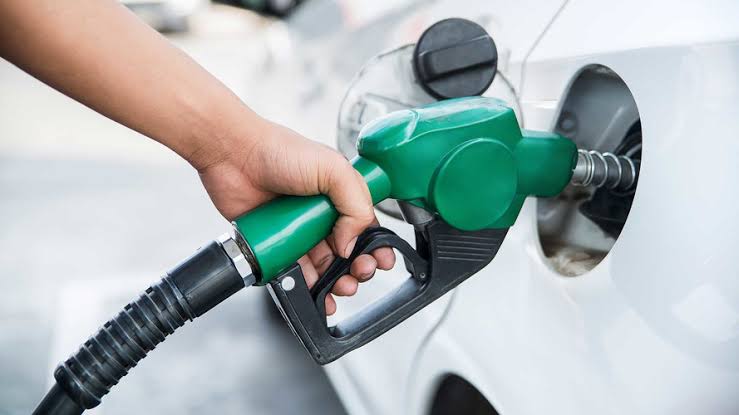In recent months, the world has witnessed a significant and worrisome increase in fuel prices, causing widespread concern among consumers and businesses alike. This surge in fuel prices, while impacting Kenya, is not an isolated problem but rather part of a complex global issue.
On Thursday midnight, the new pump prices crossed the Sh200 mark, according to the latest review by the Energy and Petroleum Regulatory Authority (EPRA).
In its latest price review, EPRA revised the prices upwards as follows; Super Petrol by sh16.96, Diesel by Sh21.32 and Kerosene by Sh33.13.
Super Petrol goes up by Ksh 16.96; Diesel is up by Ksh 21.32; Kerosene by Ksh 33.13 in the latest EPRA review. pic.twitter.com/YclyZqQ5yr
— Kenyan Report (@Kenyan_Report) September 14, 2023
Understanding the Global Factors
The recent surge in fuel prices is the result of a confluence of international factors that have had a cascading effect on the global petroleum market:
- OPEC Production Cuts: The Organization of the Petroleum Exporting Countries (OPEC), a coalition of major oil-producing nations, implemented significant production cuts. These cuts were intended to stabilize oil prices, but they inadvertently tightened the supply of oil in the global market. As a result, prices began to climb.
- Russian-Ukraine Conflict: The ongoing conflict between Russia and Ukraine, a geopolitical crisis of global significance, has had a ripple effect on fuel prices. Sanctions imposed on Russian oil and shipping have disrupted established supply chains, further straining the global fuel supply.
- Seasonal Demand: The approach of winter in the Northern hemisphere has led to a noticeable surge in the demand for heating oils, such as diesel and kerosene. This seasonal increase in demand has added significant pressure to fuel prices.
- Refinery Maintenance: Refineries across the world have scheduled maintenance and upgrade activities. While these activities are essential for long-term efficiency and safety, they have caused temporary supply gaps, contributing to the recent price surge.
A Global Crisis Hits Home Impacting Kenya
Kenya, which relies entirely on imported refined petroleum products since 2013, is not insulated from these global influences. The computation of fuel pump prices in Kenya is a complex process that considers multiple factors, including the international market price, storage and distribution costs, margins, taxes, and levies. As global prices rise due to the aforementioned factors, Kenyan consumers find themselves grappling with the economic impact at the gas pumps.
Government Action to Stabilize Fuel Prices
In response to the mounting pressure on fuel prices and with a commitment to protect its citizens from undue financial hardship, President Ruto’s Government introduced a petroleum pump price stabilization mechanism in July 2023. This innovative mechanism utilizes funds collected from the Petroleum Development Levy (PDL), as directed by the Petroleum Development Levy Order 2020.
Since its implementation, the government has already allocated a substantial amount, approximately KShs. 1.9 Billion, from the PDL for this stabilization effort. However, it is estimated that an additional KShs. 6.7 Billion will be required to fully stabilize prices if the projected increases continue to manifest in the coming months
It’s essential to note that the Petroleum Development Fund, which serves as the repository for the PDL, currently holds approximately KShs. 3.5 Billion. While this represents a significant financial resource, it falls short of the total required for full stabilization. Consequently, the government is actively engaged in securing the necessary additional funds to ensure that Kenyan consumers are shielded from the adverse effects of these global fuel price fluctuations.
The surge in fuel prices, affecting not only Kenya but nations worldwide, is a stark reminder of the interconnectedness of our global economy. It is a challenge that transcends borders and requires coordinated efforts at both the national and international levels to address effectively.
While the Kenyan government’s efforts to stabilize fuel prices through the prudent use of the Petroleum Development Levy demonstrate its commitment to alleviating the burden on consumers, it also underscores the need for vigilance and preparedness in managing fuel prices in the face of ongoing global uncertainties.
The global fuel price surge is a complex issue with far-reaching implications.


